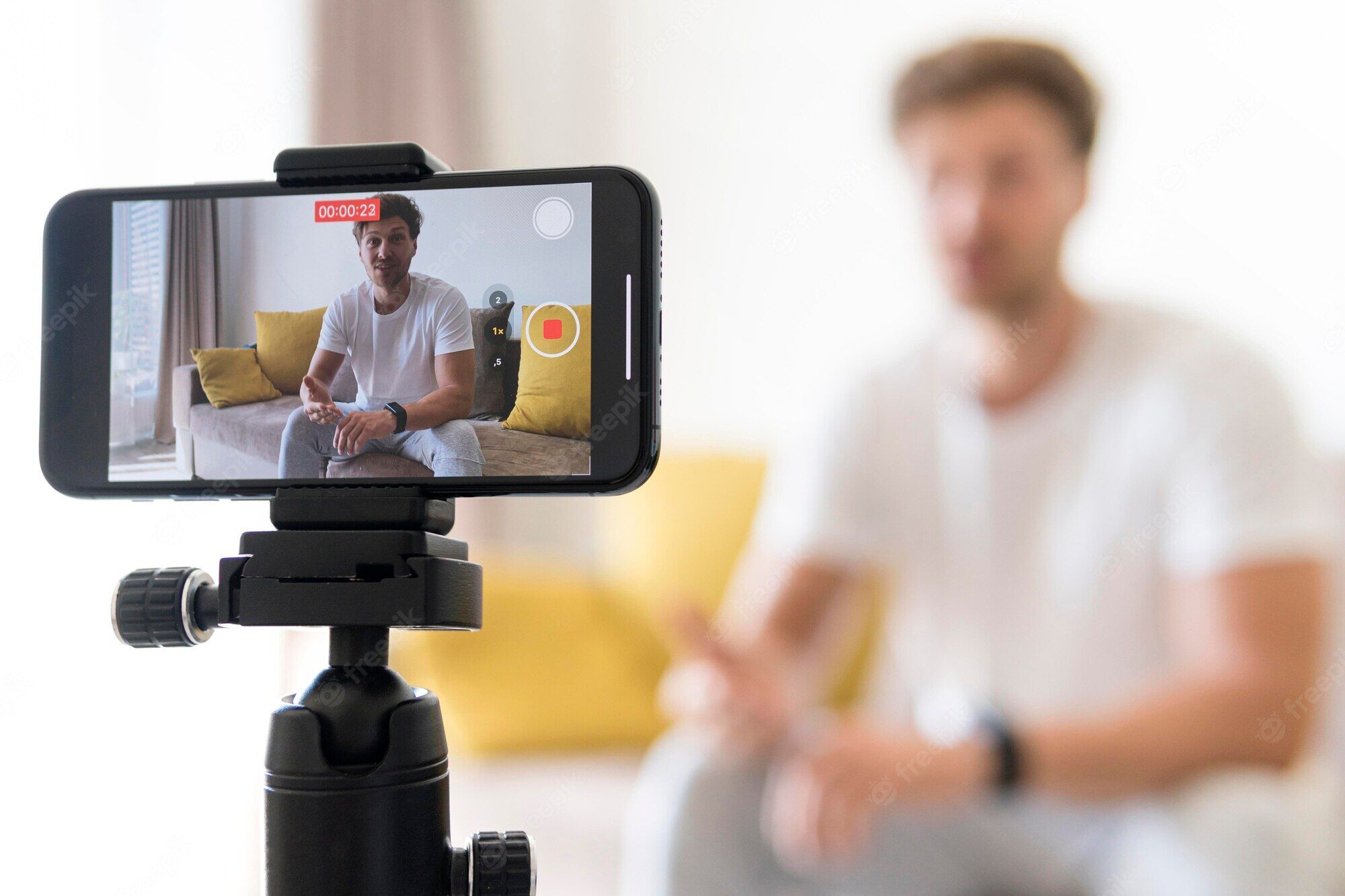Digital creator boom
The digital creator economy is burgeoning, bringing with it new stars, unending content, and some dangers

Is everyone today a digital creator? Well, many want to be, but not all are successful at it. The Rs 900-crore influencer economy in India is booming and how! From cricketers and actors to comedians and singers, everyone today is a digital creator or at least a wannabe. There has also been an enthusiastic growth of serious digital creators who spend hours every day creating engaging content. Food, travel, music, beauty, comedy, and even knowledge-sharing — the content genres are many and a few creators rule the roost.
The start of all digital revolutions has been triggered by easy availability of smartphones. India has been leading the digital adaptation. By 2026, we will have a billion smartphone users, as per the 'TMT India Predictions 2022' by Deloitte. Armed with a smartphone, today's digital creators hail from posh urban quarters as well as rural locales. From small towns of Bengal and Bihar to scenic Kashmir, today's digital creators come from the length and breadth of India. Data supports this rise of creators from tier-2 and -3 India. Statista says that in 2020, over 95 per cent of video consumption on Meta, Instagram, YouTube was in the vernacular. Hindi, Bengali and Marathi users comprise 75 per cent of all Indians grazing the internet according to the Google-KPMG 2021 report.
It's also a highly competitive and increasingly saturated space. While tech enables it, tech can also play spoiler. Take for example, what's happening with Instagram. With TikTok's ban in India, a huge chunk of TikTokers shifted base to Instagram, which in turn was also pushing out brand advertisements to increase revenues, drive business interest onto its platform, while also occupying the vacuum left by the TikTok ban. Recently, Instagram has been facing pushback, with users complaining that they can now see more advertisements and 'suggested posts' rather than their friends' updates. Small businesses that earlier received healthy leads are now struggling to get their posts liked by even 50 people, even with a following of 30K. The TikTok ban and promise of 25 per cent CAGR growth by 2025 of the digital creator economy, has also led to the mushrooming of home-bred short-video platforms. MX TakaTak, Moj, and Roposo join a host of other similar platforms that are striving to attract digital creators. Short-form video is slated to grow to 650 million users in the next 3 years, as per a Bain & Company report.
So, what fuels the digital creator to take on the pressure to consistently create quality content? Perhaps some are driven by the desire to be in the spotlight. Some are natural performers and artists who have benefited from showcasing their talent in short videos. While for a majority, the primary incentive has been the earnings. Brands are ready to pay creators decent bucks for collaborations. Many companies have jumped onto the content brandwagon to push their products. Fashion and cosmetics, for example, currently thrive on selling through content-driven commerce creating ample opportunity for digital creators. As per reports, a digital creator with influence can earn as much as Rs 4 lakhs a month; and the emoluments increase depending on the creator's reach and fame. This new and emerging career option though comes with uncertainty and choppiness.
The role also comes with responsibility; something that unfortunately not many digital creators take seriously. Some recent news stories have tried to draw attention to a growing problem. A recent story criticising a well-known Youtuber even made it to the Delhi High Court with the latter refusing to stay a previous order that directed the newspaper to take down the article. The article however, did raise pertinent questions on protection of children's privacy, animal rights etc. for all digital creators who make content based on their children and pets. It also highlighted the need for introspection on the part of brands that choose to partner with digital creators that peddle unscientific, inaccurate garble by way of content. Yet another article raised concern on the rise of financial influencers who have been operating through regulatory loopholes. They have been advising about the stock market, investing options, cryptocurrency — you name it. Unlike registered investment advisors, these unregulated finfluencers reach lakhs of followers and disseminate tips, which could prove to be risky to the consumer.
With great content comes great responsibility. The clever rewording aside, the question remains if it's possible to regulate digital creators and uphold them to some kind of standard. We do it for journalists and media houses (even digital ones now). There is an ongoing debate on whether brand ambassadors should be held accountable for claims made in advertisements by products that they endorse. Therefore, should not digital creators operate with a sense of ethics and larger social culpability? Can it be done for free agent content creators and how would the government manage to do so? For now, I'll rethink all my life's decisions, straight as an arrow career path, and rue the day I was born only to have missed this digital creator storm…20 years too late I say!
The writer is an author and media entrepreneur. Views expressed are personal



